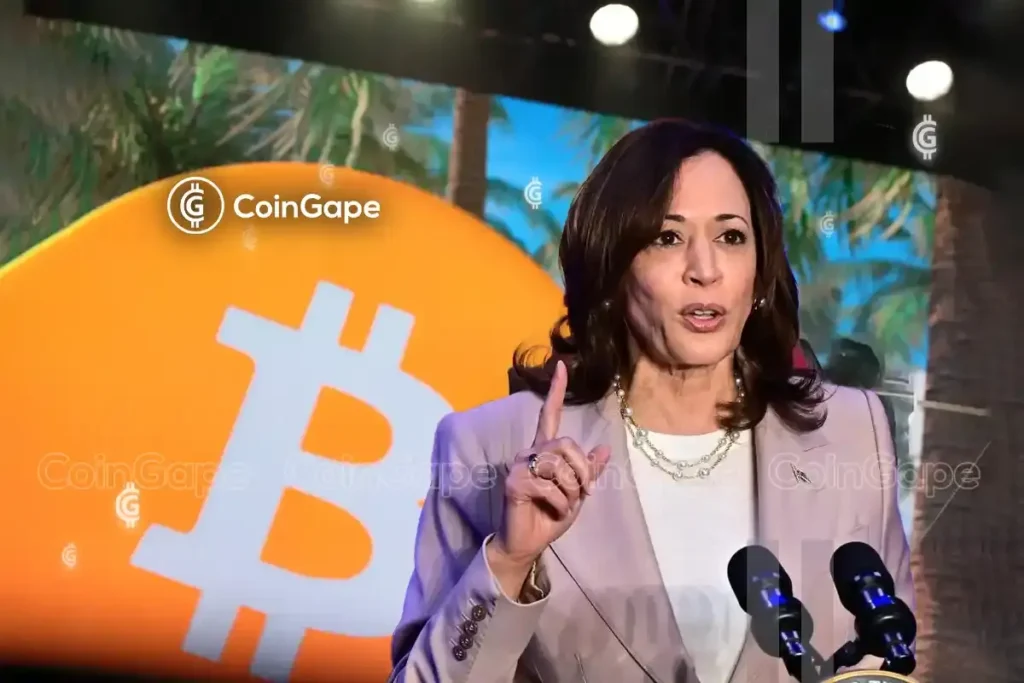Zac Townsend, CEO and co-founder of Meanwhile, has expressed concerns about Kamala Harris’ proposed 25% tax on unrealized capital gains. Townsend, a vocal critic of the plan, warns that the tax could lead to a sell-off in crypto markets and harm investors across the board.
Kamala Harris’ 25% tax proposal on unrealized gains
Last month, Vice President Kamala Harris approved a bold new tax policy that could transform how unrealized capital gains are taxed in the United States. This proposal is part of a broader economic strategy under the current administration. It suggests a tax rate of 25% on the appreciated value of unsold assets, including cryptocurrencies.
Critics argue that the move is a sharp departure from traditional tax standards, which typically tax profits only when gains from sales are realized.
The tax specifically targets the assets of Americans whose net worth exceeds $100 million. Although intended to address inequality within the current tax system, the policy has sparked unrest among investors.
According to Townsend, implementing such a tax will force large-scale asset holders to liquidate part of their portfolios. This could flood the market with digital currencies, which could drive down prices and diminish the value of investments.
For example, prominent Bitcoin investors such as the Winklevoss twins, who purchased their BTC for just $10, might face a problem. tax on cryptocurrencies bill reaching $1 billion under the new policy. Similarly, Tim Draper, an early investor in Bitcoin with purchases of around $632 per coin, could be hit with a $423 million crypto tax demand. This illustrate the impact of such a tax, as these massive sales could drive down cryptocurrency prices universally.
Moreover, Townsend’s criticism goes beyond the immediate financial burdens on wealthy investors. He argues that the tax would change fundamental investment strategies in the cryptocurrency space. Generally, cryptocurrencies are favored for long-term holding due to their high return potential over time.
However, with the looming threat of a crypto tax on unrealized gains, the incentive to “hold on” is diminishing. This would lead to increased market volatility and a shift away from long-term investment strategies.
Political developments and market speculation
In political arenas, Kamala Harris’ tax proposal coincides with fluctuating perceptions of her leadership as it currently stands. tied in the polls with Donald Trump. Political uncertainty adds another layer of worry for investors as regulatory changes will impact their holdings.
Moreover, Kamala Harris was urged to host a crypto policy roundtable in October. This event could provide a platform for discussion on the future crypto regulatory landscape. Crypto leaders and stakeholders hope this dialogue will lead to more balanced and inclusive policies.
As the 2024 US elections approach, the crypto industry continues to be a major battleground for Kamala and Trump. However, the crypto community showed more support for the Republican Party candidate. More recently, analyst Eric Balchunas said that Donald Trump’s victory could influence the release of XRP and Solana ETFs.
Disclaimer: Content presented may include the author’s personal opinion and is subject to market conditions. Do your market research before investing in cryptocurrencies. The author or publication assumes no responsibility for your personal financial loss.





✓ Share: